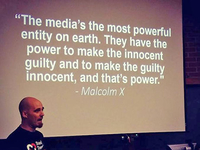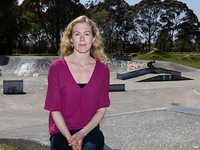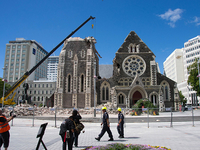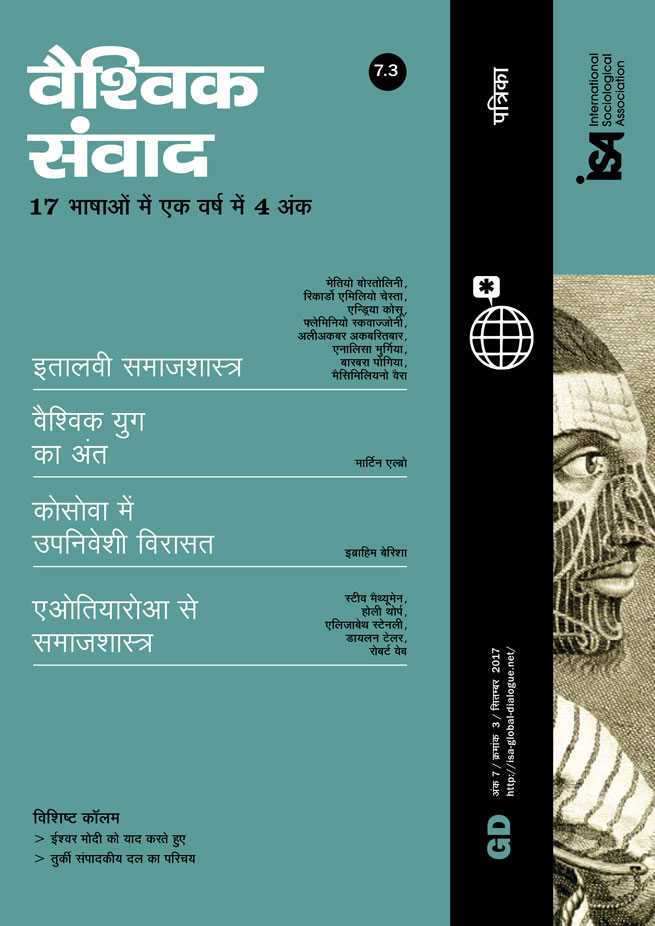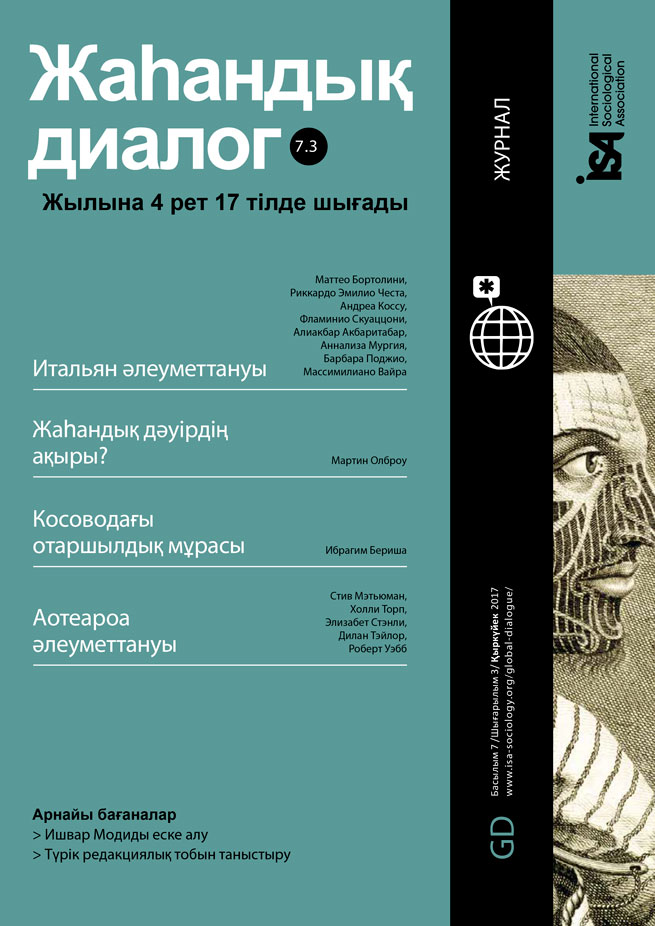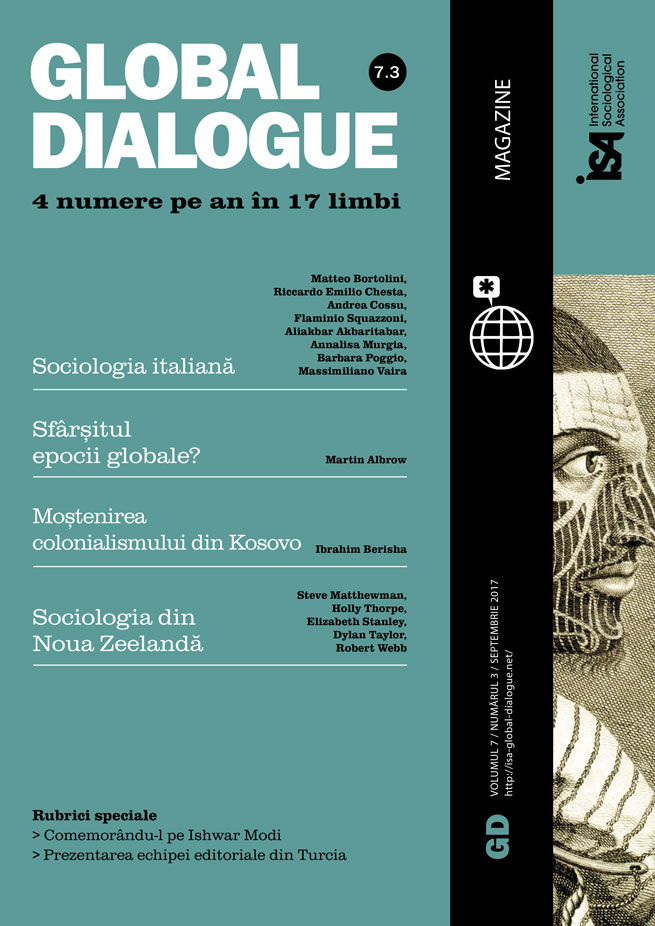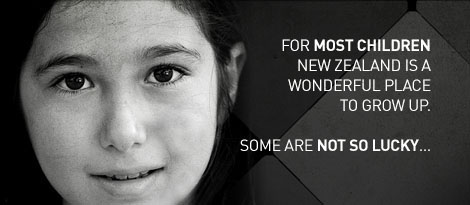In the wake of the Brexit vote and Donald Trump’s ascendancy, New Zealand’s immigration website has seen a barrage of interest from people wanting to escape their homelands. New Zealand (NZ) certainly has appeal: filmmakers love to capture our dramatic backdrops, and the country is, literally, a land of milk and honey. We are regarded as a welcoming, progressive and human-rights conscious country: NZ women were the first in the world to get the vote, in 1893; after World War II, Kiwis (New Zealanders) played a central role in developing international human rights; and we are well-known for our restorative justice approach to crime.
Yet, on closer inspection, NZ’s sheen starts to dim. Poverty is rife, sexual assault rates are high, and, in the context of neo-colonialism, Māori bear the brunt of high imprisonment rates. The image that so entices potential immigrants belies politics, policies and practices too often marked by exclusion, marginalization and criminalization.
Nowhere has this been more apparent than in NZ’s response to the systemic child abuse inflicted by adults in its state care and institutional environments. In recent years, thousands of New Zealanders have courageously come forward to offer testimonies of abuse. In my book, The Road to Hell, 105 victims describe being placed under state care and held in welfare residences – just a fraction of the more than 100,000 children who passed through these institutions from the 1950s to the 1990s.
These testimonies are chilling. Social welfare workers frequently separated siblings, sometimes placing them hundreds of miles apart. They held children in dark, isolated secure cells for days or months at a time, and sometimes administered electric shocks to youngsters for running away or being naughty. Children who complained about sexual abuse by predatory adults were told to keep quiet. Residential facilities had limited and sometimes no educational facilities, and “kingpin” children were told to control their peers, to ensure institutional compliance. Social workers told their charges that no-one loved them, and administered violent and degrading punishments – strapping children until they bled or making them clean a floor with a toothbrush – for the most minor misdemeanors. Approaching children as prisoners, they disregarded the relatively progressive policies and rules established for state care institutions, instead running traumatizing centers filled with fear.
Many years later, victims have started to disclose their pasts, exposing how state institutions directly harmed or failed to protect them. Charting the long-lived legacies of their violation – from depression to Post-Traumatic Stress Disorder, severe anxiety, substance abuse, family violence, prison sentences – victims have come forward in the hope that their experiences will be widely acknowledged, understood and responded to with care.
Instead, the NZ government has battened down the hatches. While many countries – Australia, Canada, UK, Ireland, among others – have grappled with the difficulties of providing victims of abuse with public acknowledgement and personal support, the NZ response offers a painful lesson in how states can manage truth-telling to secure state legitimacy, interests and finances, regardless of the consequences.
Most abuse claimants have sought redress through the Ministry of Social Development’s (MSD) “Historic Claims Unit.” Unfortunately, that Ministry is also the government department against which claims are being made. Many victims will never trust the agency responsible for their victimization, and they see no independence between the Unit and its “master.” One victim, Peter, remarked, “It’s like saying I’ll submit myself for a pointless anal examination … They’re not going to give you a satisfactory response.”
Indeed, many victims have encountered a culture of disbelief and denigration within the Ministry, which for many years failed to investigate significant abuse claims, often working on the unlikely assumption that any victimization would have been officially recorded. Victims have been told that because there is nothing in their files to substantiate charges of ill-treatment, their claims are invalid.
The Ministry has also blamed victims for ongoing problems, arguing that claimants’ harms have not emerged from abuse in care, but from other life experiences. Sue, for example, was informed that she had no valid claim as the Ministry deemed that her difficulties resulted from her drinking, which began early in life. The authority refused to acknowledge any link between Sue’s drinking and her experiences of violence, sexual assaults, solitary confinement and lack of schooling while she was in state care.
In recent years, the Ministry has pursued a “fast-track” process that has so far settled over 700 claims. Victims are often thankful to receive a short letter of apology recognizing aspects of their victimization – generally the first time they have heard any official regret. Some victims receive compensation, although the average payment, about NZ$20,000, is relatively low compared to other jurisdictions. However, to receive their sum, victims must sign away their right to make further legal claims – and in a new twist, those who have received any compensation now face threats that the Ministry will cut their welfare benefits, on the grounds that they hold too many assets.
There are, however, two further alternative routes for redress. First, victims can bring legal cases, although the state has often relied on legal technicalities to minimize claims. Under a Statute of Limitations, victims are told their claims are outdated, regardless of their compelling nature. Further, state agencies may withdraw legal aid especially when they believe further claims would not be successful.
Second, between 2008 and 2015, victims could describe their experiences to a Confidential Listening and Assistance Service, and then receive limited assistance: ten counselling sessions, help with finding records or relatives, and so on. However, as the service’s title made clear, this process remained confidential, avoiding public disclosure of claims of abuse. As Sue has put it, “We don’t have the Westminster system here, we have the Axminster[1] system,” which has worked to maintain public silence over the most serious state violence and harms.
Hiding histories of state disregard, marginalization and serious violence means that we don’t make things better for victims. And violations continue. The ongoing litany of damaging NZ state actions against children is shameful, from secure cells in schools to long prison lockdowns, unreasonable punishments in Child, Youth and Family residences, or multiple out-of-home-care placements. In silencing the past, the process perpetuates socio-cultural and institutional tolerance of damaging practices.
Other countries offer examples of more appropriate approaches: openly telling difficult stories, acknowledging the state’s role, mapping the links between abuse and long-term damage, providing support, independently adjudicating measures for redress, and publicly apologizing. As a necessary form of moral repair, a guilty state’s willingness to take open responsibility for heinous acts of violence can help countless traumatized victims who live with shame, fear, despair and loss. Official acknowledgement, perhaps through a “Commission of Recognition, Repair and Prevention,” could help victims come to terms with the past, and should be a national priority.
[1] “Axminster” is a play on the word “Ax” meaning to “get rid of.”
Elizabeth Stanley, Victoria University of Wellington, Aotearoa New Zealand <elizabeth.stanley@vuw.ac.nz>

